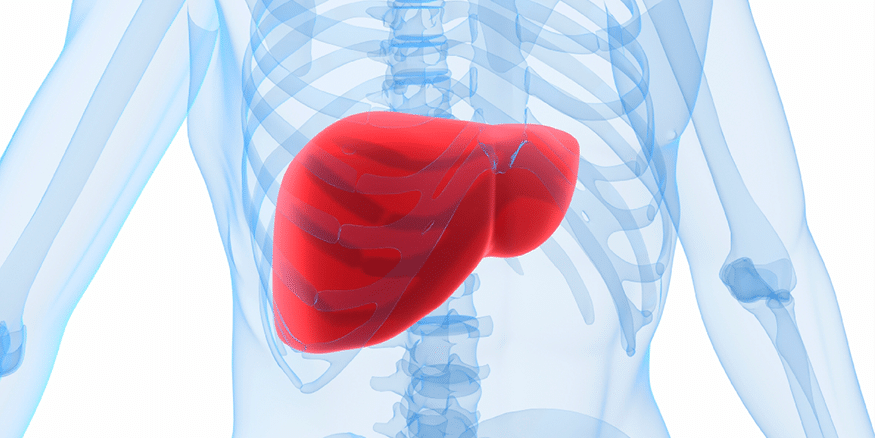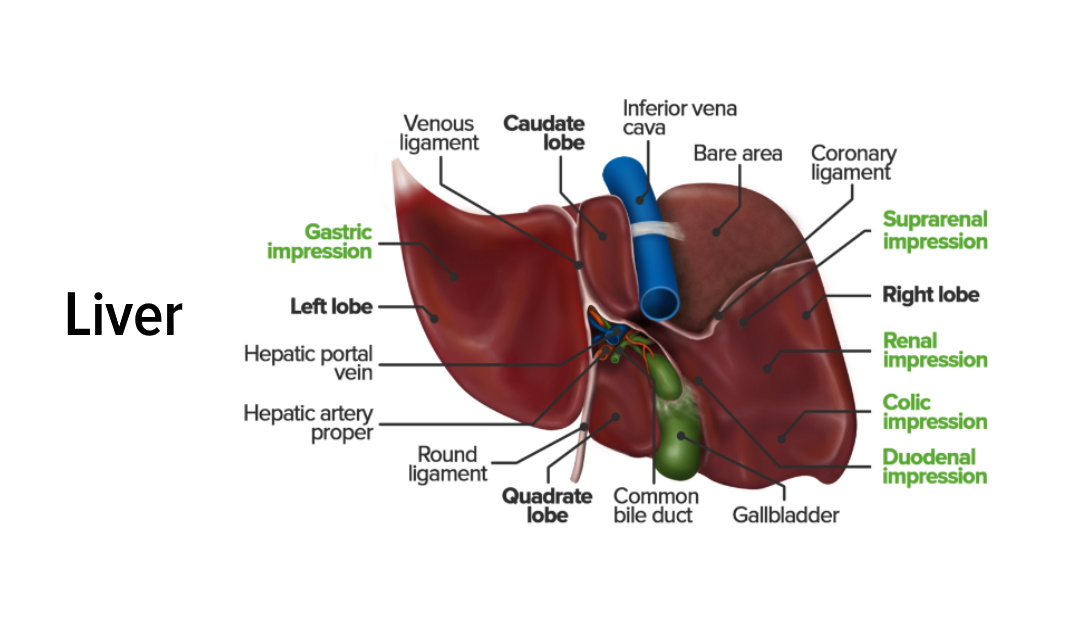| Gland Name | Location | Size |
|---|---|---|
| Liver | Upper-right abdomen | Approx. 1.5 kg (3.3 lbs) |
One of the largest organs in the body is the liver, which is also the largest gland. The liver is responsible for many important functions in the body, including filtering toxins from the blood, producing bile for digestion, and storing essential nutrients.
Located in the upper right side of the abdomen, the liver is a vital organ that plays a crucial role in keeping the body healthy. It is divided into two main lobes, the right lobe, and the left lobe, and is connected to the gallbladder and pancreas by a series of ducts.
The liver is not only the largest gland in the human body, but it is also one of the most important. It is responsible for producing bile, which helps to break down fats and absorbs fat-soluble vitamins in the small intestine. In addition, the liver plays a critical role in the metabolism of carbohydrates, proteins, and fats, and helps to regulate blood sugar levels.
The liver is susceptible to a range of diseases, including hepatitis, cirrhosis, and liver cancer.
Maintaining a healthy liver is crucial for overall health and well-being. Eating a balanced diet, exercising regularly, and avoiding excessive alcohol consumption can help to keep the liver healthy and functioning properly.
In Conclusion
The liver is the largest gland in the human body and is responsible for many important functions. Taking care of the liver is essential for maintaining good health, and individuals should be aware of the risks associated with liver disease and take steps to prevent them.













